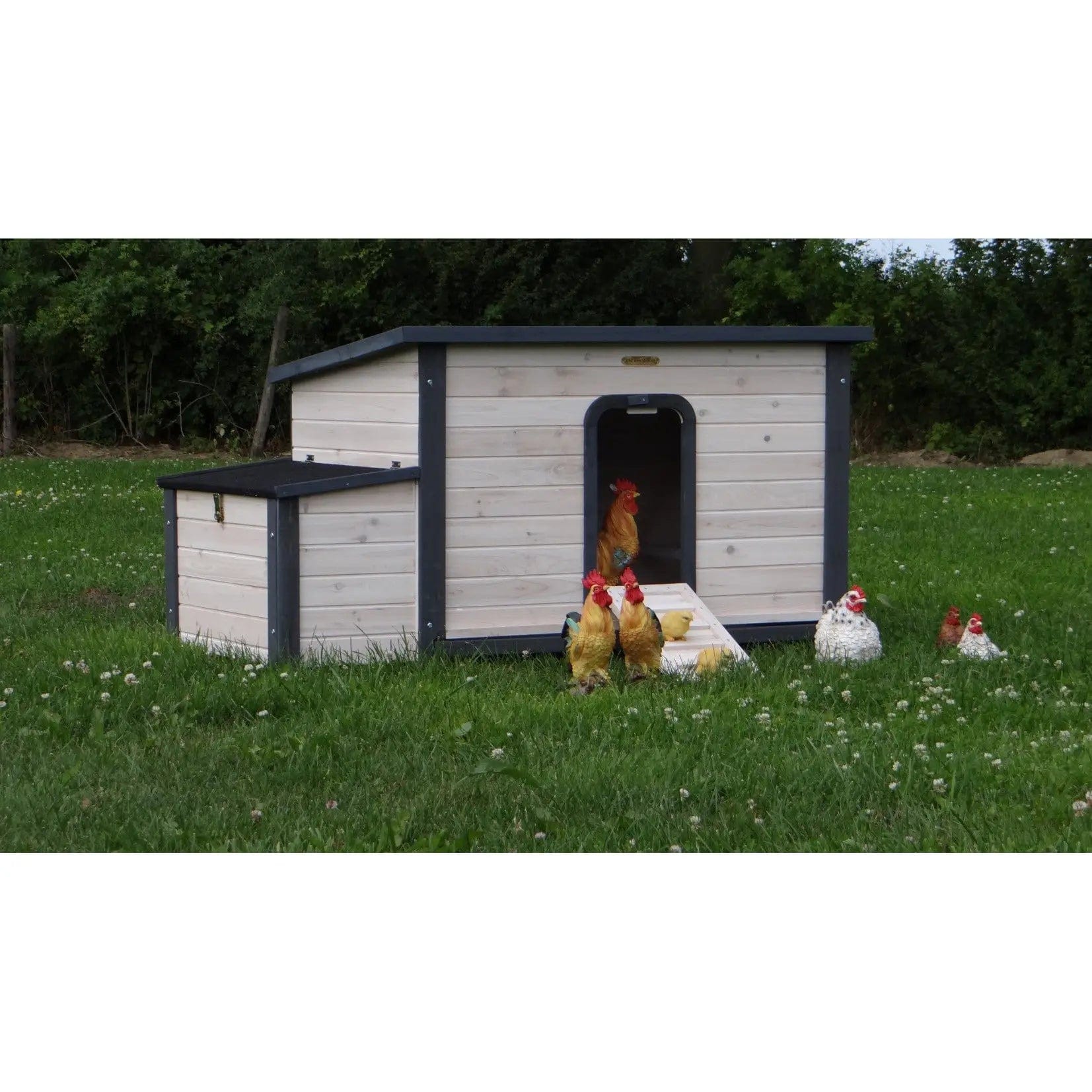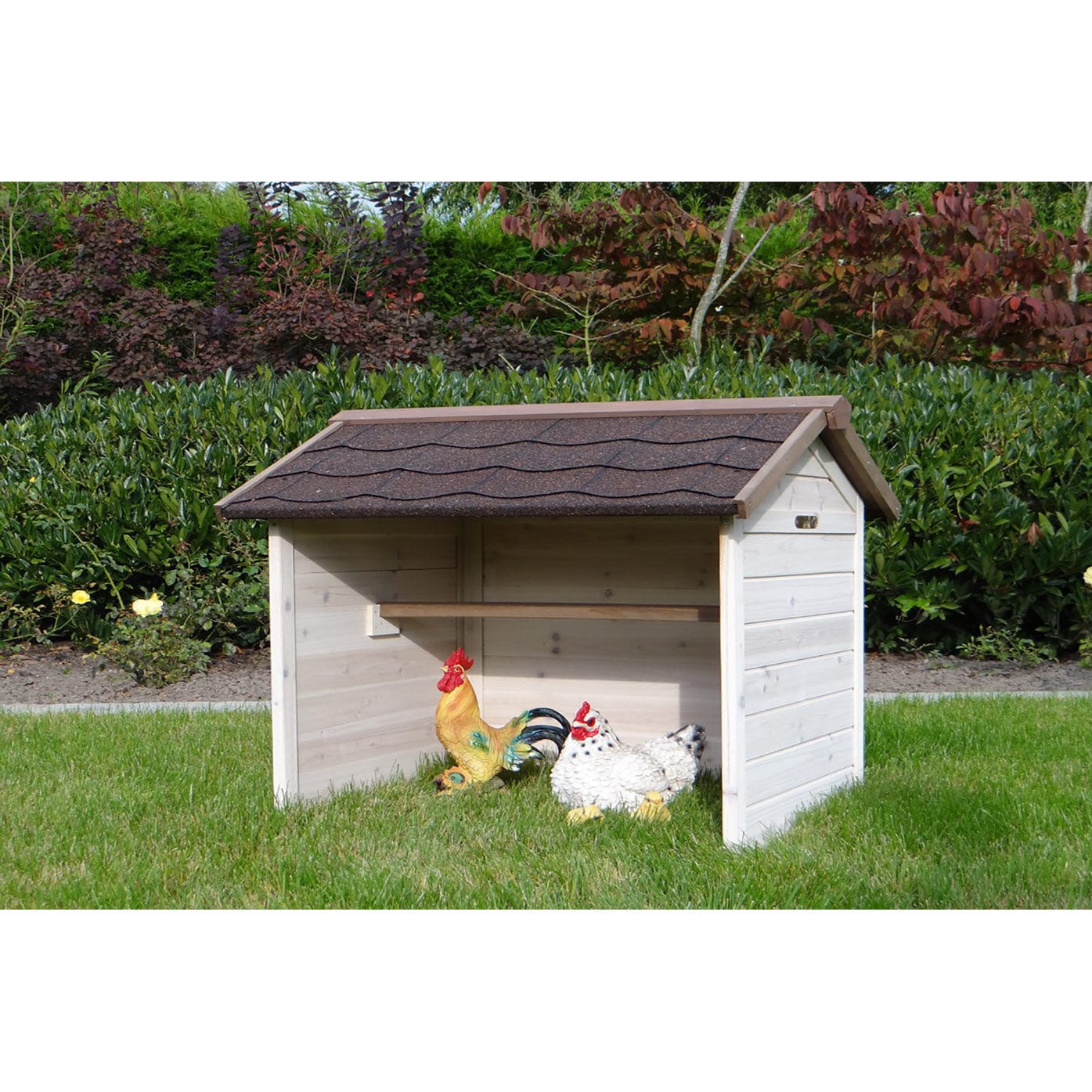Quail keeping made easy: The ultimate guide for beginners and professionals
Keeping quail can be a rewarding experience for both beginners and experienced keepers. Not only are these little birds easy to care for, but they also offer a great way to enjoy fresh eggs. In this article, we will give you valuable tips on how to successfully master quail keeping, whether you are just starting out or already have experience.
Tips for beginners: Getting started in quail farming
1. choose the right quail hutch For beginners, it is important to start with a suitable quail hutch. A inexpensive quail hutch is ideal for beginners as it meets the basic needs of your quails without posing a major financial risk. Make sure that the coop is well ventilated and large enough to provide the quails with sufficient space.
2. the first set-up Set up the coop with the necessary utensils, including feed and water dispensers and suitable bedding. Make sure the quails have access to clean water and nutritious food.
3. acclimatizing the quails Give the new quails time to get used to their surroundings. Observe them closely during the first few days to make sure they feel comfortable and show no signs of stress.
Professional tips: Optimizing quail husbandry
1. invest in high-quality quail coops For experienced keepers, it is worth investing in a high-quality quail coop. These coops offer additional features such as integrated nesting boxes, better ventilation systems and more robust materials that guarantee a longer lifespan.
2. advanced care and maintenance Regular cleaning and disinfection of the hutch is essential to prevent disease. Make sure to remove soiled litter regularly and clean the hutch thoroughly.
3. expansion of knowledge Keep up to date with the latest findings and methods in quail husbandry. Read specialist literature and attend forums or seminars to continuously expand your knowledge.
General tips for all keepers
1. health care Keep an eye on the health of your quails. Look out for signs of illness such as loss of appetite, loss of feathers or unusual behavior and consult a vet if necessary.
2. species-appropriate diet Make sure your quails have a balanced diet. In addition to commercially available quail food, you can also offer fresh greens and insects to supplement their diet.
3. activity and exercise Quails are active birds that need activity and exercise. Make sure they have enough space and offer them activities such as sand baths or hiding places.
Frequently asked questions about keeping quails
1. how many quails should I keep? The number of quails you can keep depends on the size of your coop and your available space. A small group of 5-10 quails is ideal for beginners.
2. do quails need special food? Yes, quails need special feed that is rich in protein and nutrients. Supplement the feed with fresh vegetables and insects to ensure a balanced diet.
The advantages of keeping quails
1. fresh eggs Quails lay eggs almost every day, which are smaller but richer in nutrients than hens' eggs. They are ideal for a healthy diet and are versatile in the kitchen.
2. little space required Quails require less space than chickens and are therefore ideal for small gardens or even balconies. A compact coop is often enough to keep a small group.
3. easy to care for Quails are easy to care for pets. With a well-designed coop and regular care, they are robust and resistant to disease.
Common problems and solutions in quail husbandry
1. feather pecking Feather pecking can be a sign of stress or lack of space. Make sure that your quails have enough space and opportunities for activity.
2. egg production If your quails are laying fewer eggs, this may be due to their diet or the lighting. Check the feed quality and make sure there is enough light in the coop.
3. predators Protect your quail coop from predators such as foxes or cats. A stable hutch with a secure closure is essential.
Tips for breeding quails
1. selection of breeding animals Select healthy, strong quails for breeding. Ensure a balanced diet and good care of the breeding animals.
2. breeding time The incubation period for quails is around 17-18 days. Use an incubator for the best results and ensure constant temperature and humidity.
3. rearing the chicks After hatching, the chicks need a warm and safe environment. A heat lamp and special chick feed are necessary to support their development.
Conclusion
Keeping quails can be a rewarding activity for both beginners and professionals. With the right tips and the right equipment, be it a inexpensive quail hutch for the beginning or a high-quality quail hutch for experienced keepers, you can offer your quails a good home. You can also visit our complete category for quail coopsto discover the best offers and read more articles in our blogto expand your knowledge.













